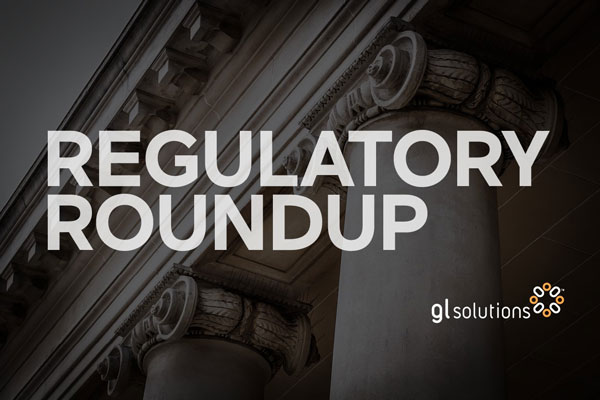Pa. Liquor Board Removes Russian Vodka from Store Shelves
The Pennsylvania Liquor Control Board removed all Russian-made products, including vodka, from the state’s Fine Wine and Good Spirits stores. The move came after Gov. Tom Wolf asked the board to remove Russian vodka and Russian products from the state’s 600 liquor stores to protest Russia’s invasion of Ukraine. According to the Courier Times on Feb. 27, Chuck Moran, the executive director of the Pennsylvania Licensed Beverage and Tavern Association, encouraged bars and restaurants to use American-made vodka, instead of Russian-made vodka.
States Boycott Russian Goods
In response to Russia’s invasion of Ukraine, some states announced boycotts of Russian goods, like vodka and caviar. New Hampshire Gov. Chris Sununu, for example, issued an executive order to take Russian products off store shelves at state-run liquor stores. Virginia Gov. Glenn Youngkin directed the state Department of General Services to find out if the state bought goods from Russian companies. According to Governing on Feb. 28, Utah Gov. Spencer Cox also chose to bar sales of Russian products, saying, “Utah stands in solidarity with Ukraine and will not support Russian enterprises, no matter how small the exchange.” In an official press release, Cox ordered the Department of Alcoholic Beverage Control to remove all Russian products, as well as Russian-branded products from store shelves.
Wis. Legislation Makes Threatening a Healthcare Worker a Felony
The Wisconsin Assembly passed a bill on Feb. 23 that makes threatening a healthcare worker a felony. The legislation expands on an existing 2020 law that makes battery against a healthcare worker a felony. Under the legislation—also applying to family members of healthcare workers—violators face up to $10,000 in fines and up to three years in prison. According to Becker’s Hospital Review, the measure must still pass the Wisconsin Senate.
Mont. Proposed Changes to Educator Licensing Spark Controversy
The Montana Office of Public Instruction proposed changes to teacher licensing requirements, drawing push back from education leaders in the state. In one case the OPI recommended dropping the requirement for a license in Montana from three years of teaching elsewhere to zero years. Dennis Parman, head of the Rural Education Association supported the bulk of the recommendations; however, in this case, he recommended at least two years of successful teaching experience. According to the Missoula Current on Feb. 25, the Board of Education welcomes public comment until April 8 on the issue. Updates to teacher licensing occur every five years; this year the changes in licensing aim to help address teacher shortages in Montana.
W.Va. Bill Takes Enforcement Authority Away from Mine Inspectors
A West Virginia House bill proposes to take away enforcement authority from West Virginia mine inspectors, as well as decrease experience needed for apprentices to receive their certification as miners. Miners spoke out on HB 4840 at a public hearing in the House of Delegates for removing the ability of the Office of Miners’ Health, Safety and Training from fining mine operators for not meeting safety standards. The bill also removes the requirement that governor nominees to the state mine safety board have experience in “health and safety.” The bill heads to a vote in the House of Delegates on Wednesday, according to the Charleston Gazette-Mail on March 1.
Stay up to date
Subscribe to our newsletter to receive the latest regulatory news delivered to your inbox each week.


